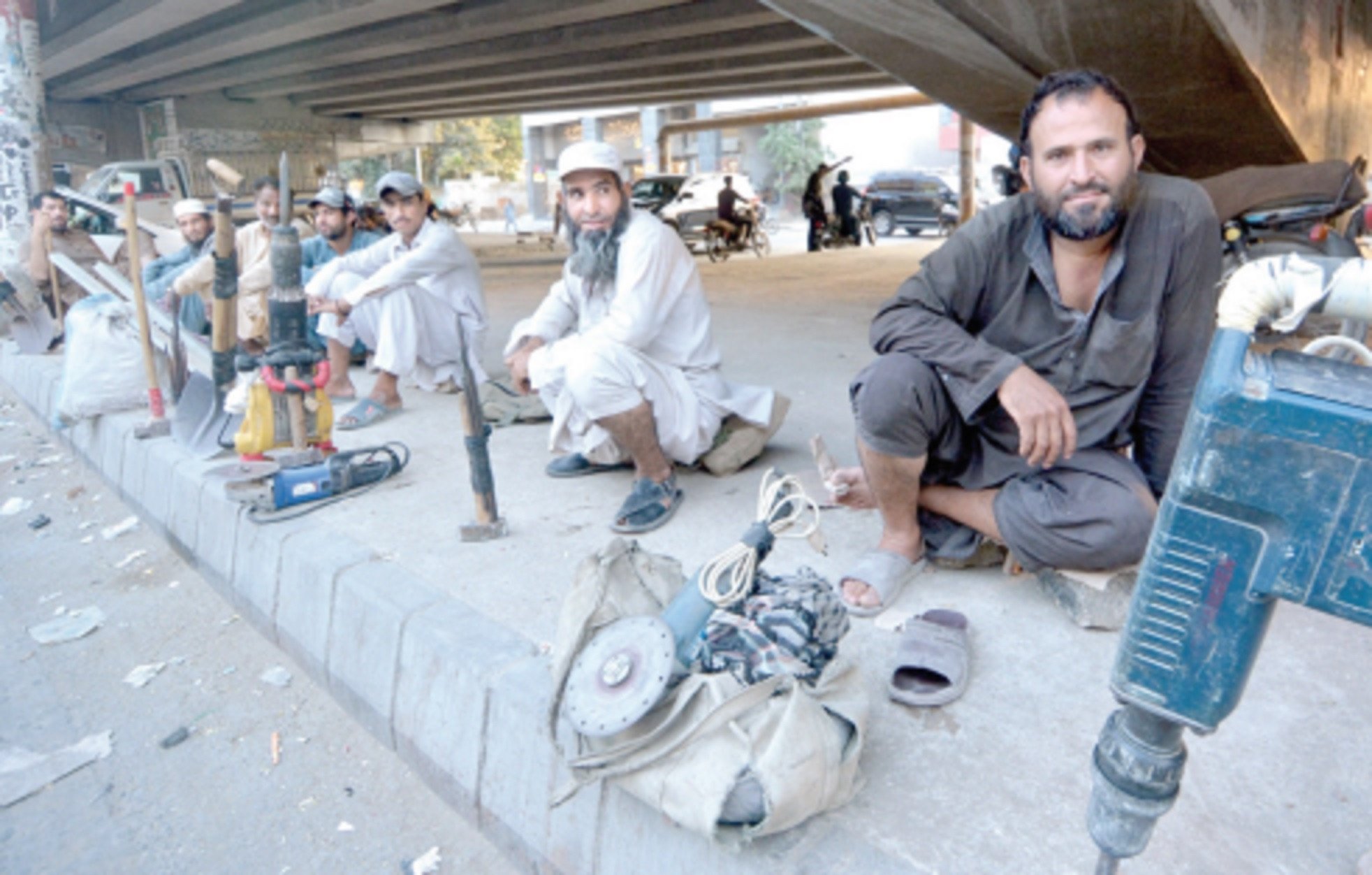By: Kashif Nawab
As the world commemorates International Labour Day on May 1st, Pakistan finds itself at a critical juncture, grappling with multifaceted issues concerning its workforce. This occasion serves as a poignant reminder of the ongoing struggles faced by workers nationwide, prompting a comprehensive situation analysis to shed light on the prevailing conditions.
Pakistan boasts a robust legal framework designed to safeguard the rights of its workers. Enshrined in the Constitution and reinforced through various labor laws, fundamental rights such as minimum wage, social security, and safe working conditions are ostensibly guaranteed. However, the chasm between legislation and implementation remains wide, leaving many workers vulnerable to exploitation, discrimination, and a lack of recourse against injustices.
The specter of unemployment looms large over Pakistan, with soaring rates particularly pronounced among its youth and female population. The dearth of viable job prospects, compounded by a burgeoning populace, poses a formidable impediment to the nation’s economic progress. Moreover, underemployment pervades the landscape, condemning swathes of the workforce to precarious, low-paying occupations bereft of financial stability or social safety nets.
Within Pakistan’s economic ecosystem, the informal sector assumes a pivotal role, absorbing a substantial portion of the labor force. Yet, the absence of formal protections renders workers in this sphere susceptible to exploitation and marginalization. Women, children, and marginalized communities bear the brunt of this inequity, ensnared in a cycle of vulnerability perpetuated by informal and precarious employment.

Despite legislative safeguards, egregious violations of labor rights persist across Pakistan. From the scourge of child labor to the blight of forced and bonded labor, certain sectors remain entrenched in practices antithetical to human dignity. Moreover, the plight of trade unions underscores the arduous battle for workers’ rights, as union leaders and activists grapple with harassment, intimidation, and violence.
The onset of the COVID-19 pandemic has exacerbated the plight of Pakistan’s workers, plunging countless individuals into the abyss of unemployment and financial uncertainty. Lockdown measures and economic disruptions have exacted a heavy toll, disproportionately affecting informal workers who lack access to essential social protections and government assistance.
Addressing the systemic challenges confronting Pakistan’s workforce demands a concerted and multifaceted approach. Legislative reforms, bolstered enforcement mechanisms, and inclusive social dialogue constitute indispensable pillars in the quest for equitable labor practices. By redoubling efforts to dismantle systemic inequities and foster inclusive growth, Pakistan can chart a course towards a future defined by decent work and social justice.
As Pakistan observes International Labour Day, it stands at a crossroads, poised to confront the myriad obstacles obstructing the realization of labor rights and dignity for all. By redoubling efforts to dismantle systemic inequities and foster inclusive growth, Pakistan can aspire towards a brighter tomorrow, where every worker is accorded the respect, security, and opportunity they rightfully deserve.


